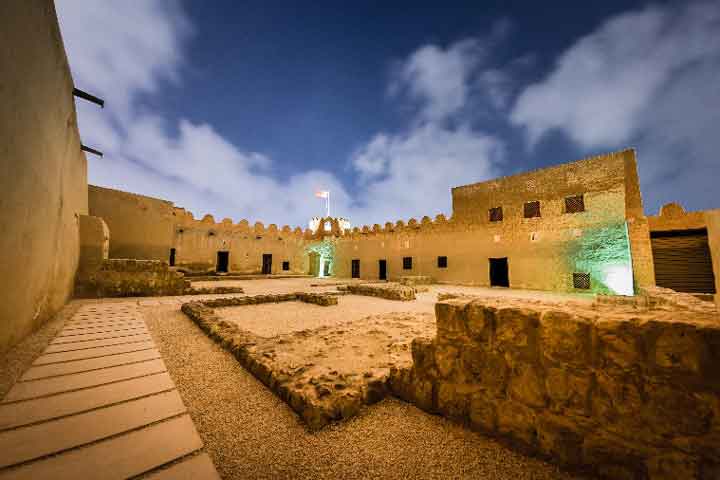Sustainable tourism serves as a foundation for striking a harmonious equilibrium between tourism progress and the preservation of the environment and natural resources, said Ali Amralla, the CEO of ‘Visit Bahrain’, in a report in TradeArabia.com.
“The transition to sustainable tourism represents a strategic move towards positioning Bahrain as a premier destination for global travelers seeking high-quality sustainable experiences. This entails an advanced tourism product crafted through innovative environmentally friendly practices, which not only limit carbon emissions but also foster sustainable advancement. This aligns with the future aspirations of the tourism and travel sector, marked by its commitment to promoting sustainable, economically prosperous, and environmentally responsible tourism,” he said.
“It’s imperative to further expand the sector by adopting solutions and initiatives and enacting effective measures that resonate with the kingdom’s commitment to reducing carbon emissions and attaining climate neutrality. Such actions stand as essential pillars in enhancing the quality of life for citizens, residents, and tourists,” Amralla said.
Allocating resources
He urged tourist establishments, tourist attractions, and hotels to allocate resources towards the adoption of sustainable technologies, with the aim of cultivating a more ecologically viable tourism sector. Such endeavors would not only enhance the industry’s sustainability but also play a pivotal role in realizing the United Nations’ Sustainable Development Goals by 2030 and reaching net-zero emissions by 2050.
Furthermore, these efforts are instrumental in furnishing a well-defined pathway for local tourism enterprises, travel agencies, tour operators, and similar entities to align their operations with principles of sustainability, he added.
Amralla also called for the formulation of sustainability guidelines tailored to the tourism sector and the establishment of reference standards for consultation. He highlighted the critical role of implementing sustainability criteria across diverse tourist facilities and advocated for the adoption of a comprehensive guide for all tourism sector entities and representatives, outlining the finest practices in the field of sustainable tourism, as featured in International Tourism Planning & Development.


